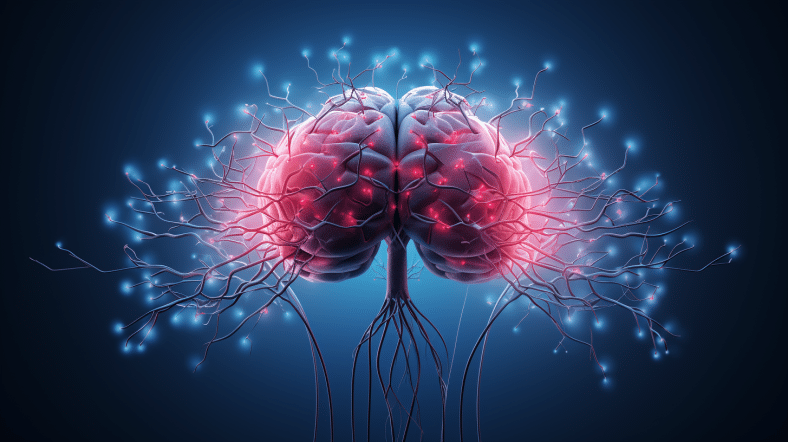At-Home TDCS (Transcranial Direct Current Stimulation) for Depression: A Convenient Treatment
A new study provides promising evidence that delivering transcranial direct current stimulation (tDCS) remotely in people’s homes could be an effective treatment approach for major depressive disorder. The key facts are: tDCS is a form of non-invasive brain stimulation that uses electrical currents to modulate activity in targeted brain regions. When applied to the left …






